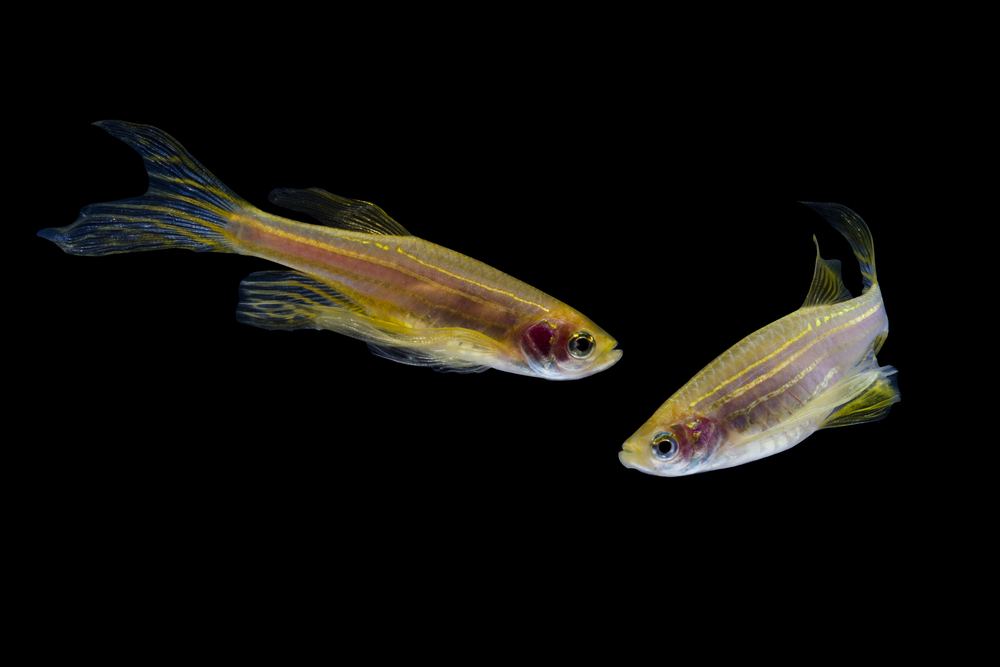the identification of significant organic paths that control drug-seeking behaviors, the authors concluded.
“The observation that zebrafish can become conditioned to self-administer opioids is a reminder that opioid dependence is a very fundamental biological response shared across the animal kingdom,” Peterson said. “Although nonbiological factors certainly contribute, it’s important to appreciate that much of addiction is driven by our deep-seated biology. Solving the problem of addiction will be difficult if we don’t develop a deeper understanding of that biology and tools for addressing the underlying biological effects.”
He added that his findings may pave the way for improvements and updates in methods of human addiction treatment for those with opioid use disorders.
“I hope the tools we built will enable us and other researchers to understand better the biology of addiction and to test potential new treatments for opioid addiction.”
















